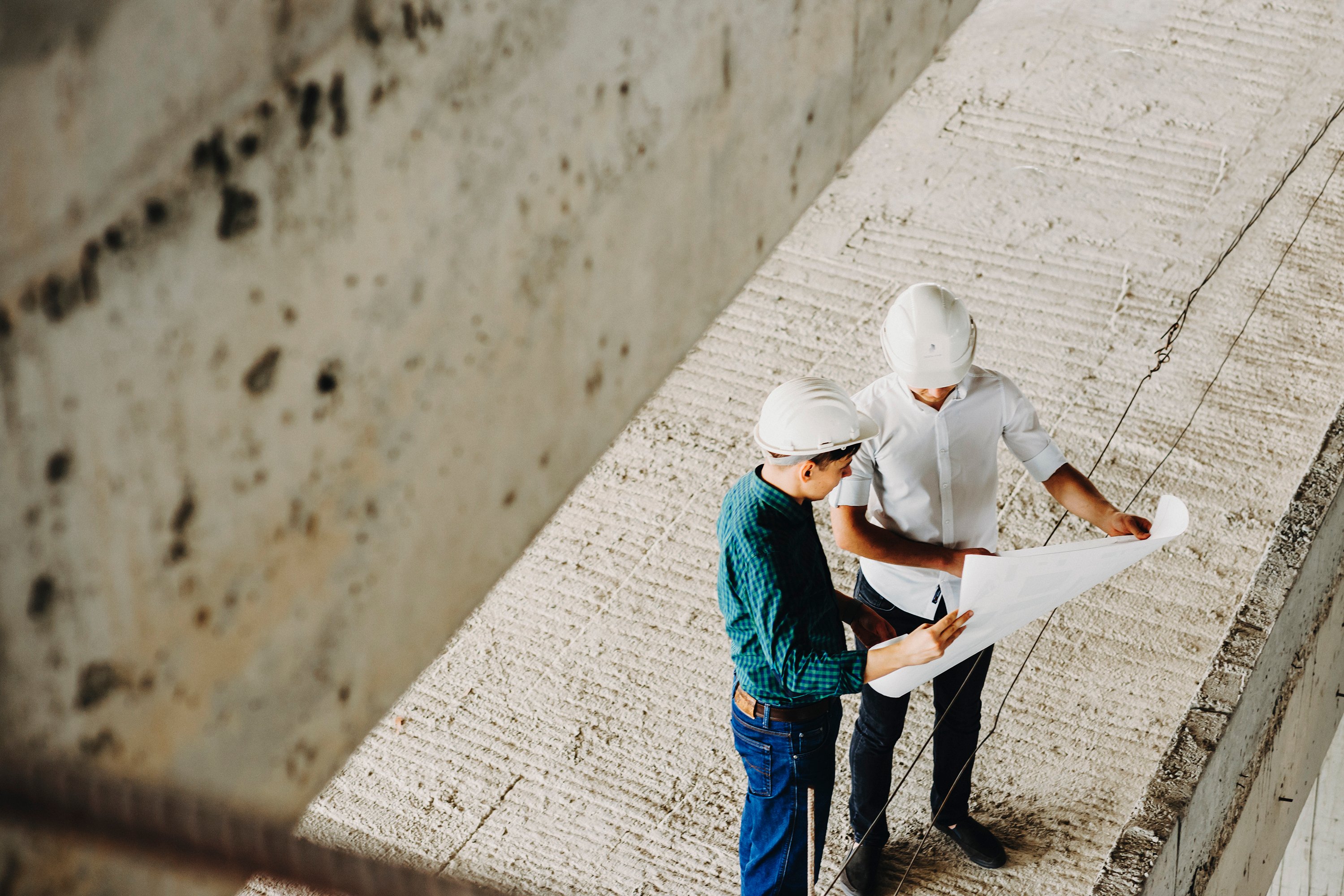What is a Site Manager?





Key responsibilities
A Site Manager has a broad range of responsibilities, typically including:
- Project planning: Developing detailed project plans, timelines and schedules to guide construction activities from start to finish.
- Site coordination: Overseeing daily site operations, working with subcontractors, and maintaining work progress as per the project schedule.
- Health and safety management: Implementing health and safety protocols to ensure the safety of all workers and compliance with relevant regulations.
- Quality control: Monitoring construction work to ensure it meets required standards and specifications, conducting inspections as necessary.
- Resource management: Managing site resources, including materials, equipment, and personnel, to maximise efficiency and minimise waste.
- Budgeting: Assisting in budget preparation and managing project finances to keep expenses within limits, ensuring proper allocation of funds.
- Problem solving: Addressing any issues or challenges that arise during construction, finding practical solutions to keep the project on track.
- Reporting: Maintaining records of site activities, preparing progress reports for management, and liaising with stakeholders on project updates.
- Leadership: Leading and motivating the site team, fostering a culture of safety and collaboration among workers and subcontractors.
- Stakeholder communication: Acting as the primary point of contact between clients, architects, engineers, and other stakeholders, ensuring clear and timely communication.
Specialisations
Site Managers can specialise in various areas within the infrastructure industry to enhance their effectiveness. Some common specialisations include:
- Civil engineering: Focusing on infrastructure projects such as roads, bridges, and tunnels, applying civil engineering principles to construction management.
- Environmental management: Addressing environmental regulations and sustainability practices, ensuring compliance with environmental standards during construction.
- Health and safety management: Specialising in health and safety regulations specific to construction sites, including risk assessments and safety training.
- Project management: Developing expertise in project management methodologies, including Agile and PRINCE2, to optimise project delivery.
- Quality assurance: Concentrating on quality management systems to ensure that all aspects of construction meet industry standards and client expectations.
- Transport infrastructure: Focusing on projects related to transport systems, including railways, highways, and airports, ensuring compliance with transport regulations.
- Utility management: Specialising in the installation and management of utility services such as water, electricity, and telecommunications.
- Building information modelling (BIM): Utilising BIM technology for planning, design, and management of construction projects to improve efficiency and collaboration.
- Emergency management: Developing procedures and strategies for emergency response on construction sites, including evacuation plans and incident management.
- Sustainability practices: Implementing sustainable construction practices, including waste reduction, energy efficiency, and eco-friendly materials.

Site Managers and the international market
Essential Skills
A successful Site Manager requires a blend of technical knowledge and soft skills. Key skills include:
- Communication: The ability to convey information clearly to diverse stakeholders, ensuring everyone is aligned on project objectives and updates.
- Leadership: Strong leadership skills to inspire and manage site teams, fostering a collaborative and safety-conscious work environment.
- Problem-solving: The capacity to analyse complex issues and develop effective solutions quickly, maintaining project momentum.
- Attention to detail: A keen eye for detail to ensure that work meets quality standards and compliance requirements.
- Negotiation skills: The ability to negotiate with subcontractors and suppliers to achieve favourable terms while maintaining quality and safety.
- Adaptability: Flexibility to respond to changes in project scope, timelines, or regulations, ensuring that the project stays on track.
- Time management: Effective time management skills to prioritise tasks and manage multiple aspects of the project simultaneously.
- Technical proficiency: Knowledge of construction technology, project management software, and relevant industry regulations and standards.
- Risk management: The ability to identify potential risks early and develop mitigation strategies to minimise impacts on the project.
- Interpersonal skills: Strong interpersonal skills to build positive relationships with team members, clients, and stakeholders, fostering a cooperative work atmosphere.
We're always looking for qualified Site Managers
Are you ready to take the next step in your career?
Whether you are a recent graduate in health and safety or have extensive experience in the field, Brunel can connect you with a range of permanent or contract-based health and safety advisor roles across various industries in Australia.
Our specialist recruiters take the time to listen and understand your unique skills, experience, and career aspirations before matching you with the most suitable clients. Get in touch to discuss your goals and how Brunel can help you achieve them.

Sinead Howard
